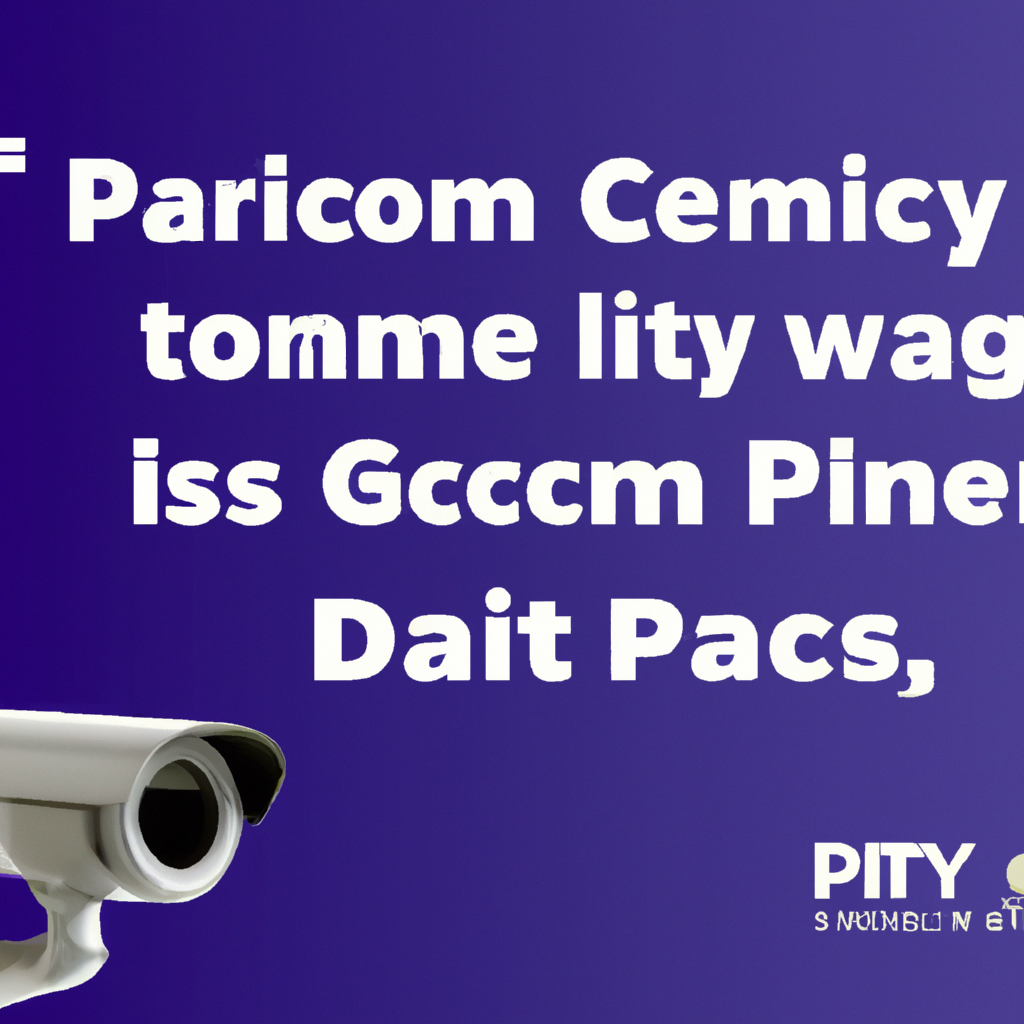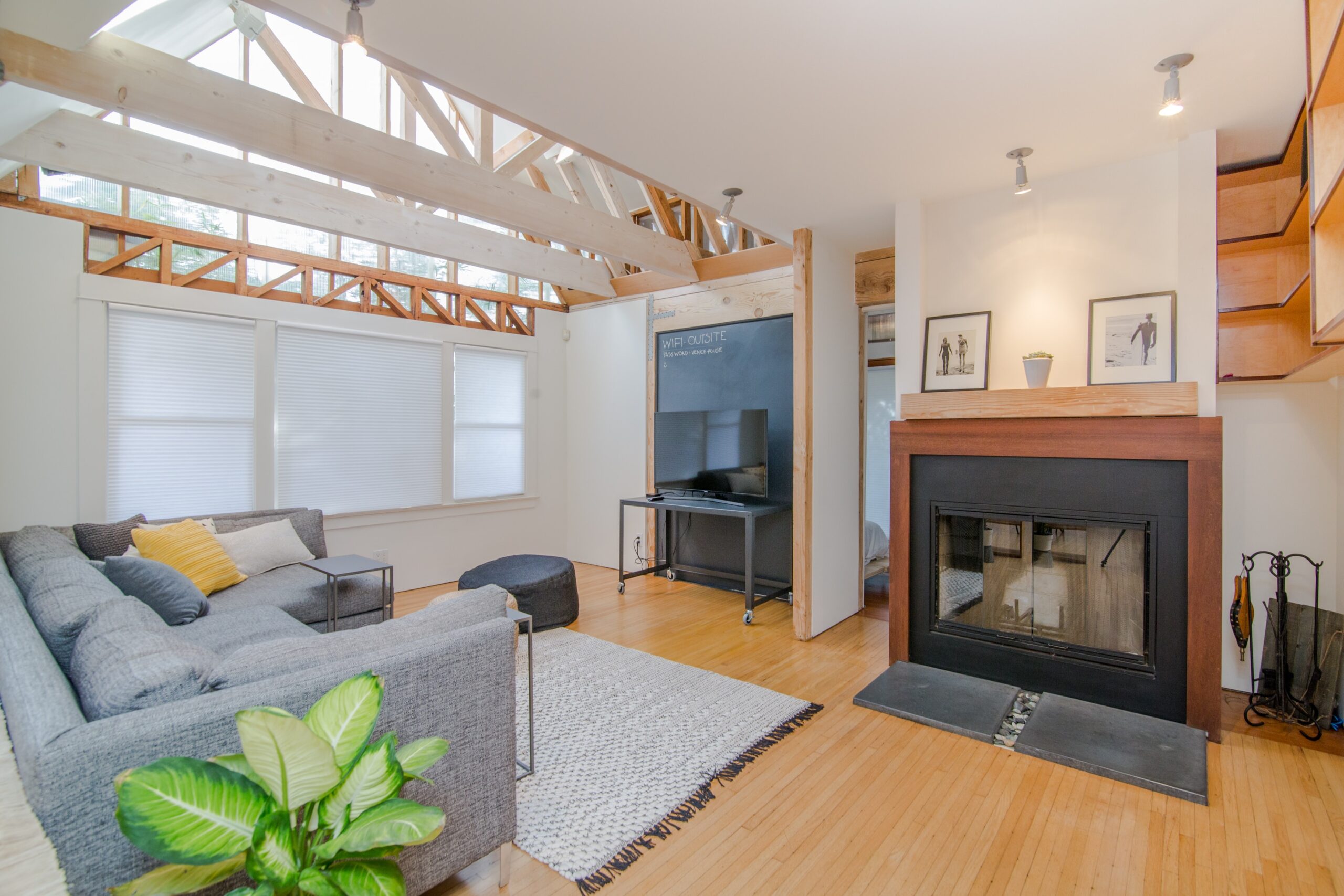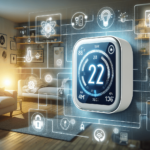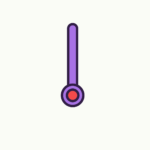Smart home security cameras offer a convenient and effective way to protect your home, but it’s important to be aware of the privacy considerations that come with using these devices. With advancements in technology, these cameras can now capture high-resolution images, record audio, and even have the ability to connect to the internet. While they provide peace of mind, it’s crucial to understand how to protect your privacy when using smart home security cameras. In this article, we will delve into the various privacy concerns you should be aware of and provide tips on how to ensure your personal information remains secure.
Privacy concerns in smart home security cameras
Smart home security cameras offer convenience and peace of mind, allowing you to monitor your home remotely and keep an eye on your property at all times. However, with this convenience comes a number of privacy concerns that every smart home camera user should be aware of. In this article, we will explore the key privacy considerations associated with smart home security cameras and provide recommendations for mitigating privacy risks.
Invasion of privacy
One of the main concerns when using smart home security cameras is the potential invasion of privacy. These cameras are designed to capture video and audio footage of your home, which can include sensitive and personal information. The thought of someone watching your every move or eavesdropping on your conversations can be unsettling. It’s important to consider who has access to this footage and how it is being used.
Data security
Data security is another significant concern when it comes to smart home security cameras. The footage captured by these cameras is typically stored either locally or in the cloud, and it can potentially be accessed by hackers or other unauthorized individuals. If proper security measures are not in place, your personal information and the privacy of your home could be at risk.
Unauthorized access
Smart home security cameras are connected to the internet, which opens up the possibility of unauthorized access by hackers. If a hacker gains access to your camera, they can potentially view your live feed, access recorded footage, and even control the camera itself. This unauthorized access can compromise your privacy and the security of your home.
Surveillance fatigue
Constantly being under surveillance can lead to what is commonly known as surveillance fatigue. This refers to the feeling of being constantly watched or monitored, which can have psychological and emotional effects on individuals. The constant awareness of being observed can lead to anxiety, stress, and a sense of loss of privacy.
Data collection and storage
The way in which smart home security cameras collect and store data can have implications for your privacy. Understanding how these cameras handle your data is crucial in making informed decisions about their use.
Constant monitoring and recording
Smart home security cameras are designed to constantly monitor and record activity in and around your home. While this can be beneficial for security purposes, it also means that every movement and sound in your home is being captured and stored. This constant monitoring raises concerns about the potential for misuse or unauthorized access to this data.
Location data
Many smart home security cameras have built-in GPS or Wi-Fi capabilities, which allows them to track and record the location of the camera itself. This location data can be valuable for determining the exact position of the camera within your home, but it also raises concerns about the potential for tracking your movements or sharing this information with third parties.
Video and audio recordings
In addition to capturing video footage, smart home security cameras often record audio as well. While this audio recording can be useful for detecting suspicious sounds or conversations, it also raises concerns about the potential for capturing private conversations or sensitive information. It is important to consider who has access to these audio recordings and how they are being stored and used.
Cloud storage
Many smart home security cameras offer cloud storage options for storing and accessing recorded footage. While this can be convenient and provide a backup in case of device failure or theft, it also means that your data is being stored on remote servers controlled by the camera manufacturer or a third-party provider. It is important to understand the security measures in place to protect your data and assess the risks associated with storing your footage in the cloud.

Sharing and access control
Who has access to the footage recorded by your smart home security cameras and how that data is shared and controlled are important considerations for protecting your privacy.
Third-party access
When you install a smart home security camera, it is important to be aware of who else, besides yourself, has access to the footage. Some camera manufacturers may collect and analyze data from your camera to improve their products or for other purposes. Additionally, sharing features on the camera’s app or platform may allow you to grant access to family members, friends, or even service providers. Understanding the level of control you have over this access and the privacy policies of the camera manufacturer or app developer is crucial.
Data breaches
Smart home security cameras are not immune to data breaches, and if a breach were to occur, it could result in unauthorized access to your footage and potentially compromise your privacy. It is important to choose a camera manufacturer or service provider with a strong track record of security and take precautions to protect your camera and account from potential breaches.
Remote access
One of the main benefits of smart home security cameras is the ability to access live feeds and recorded footage remotely, using a mobile app or web portal. While this feature is convenient, it also raises concerns about the security of these remote access channels. It is important to ensure that the remote access to your camera is secure and encrypted to prevent unauthorized access to your footage.
User control
Maintaining control over your camera and the data it collects is essential for safeguarding your privacy. Ensure that you have control over the camera’s settings, including the ability to disable certain features or adjust the camera’s sensitivity. Regularly reviewing the permissions and access levels granted to the camera and the app through which you access its footage is also important to ensure you have complete control over your data.
Legal considerations
Smart home security cameras must adhere to legal requirements and regulations to protect the privacy of individuals.
Consent and notice
In many jurisdictions, it is legally required to obtain consent from individuals before recording their images or capturing their audio. When using a smart home security camera, it is important to ensure that you comply with these requirements by informing visitors or household members about the presence of the camera and obtaining their consent if necessary.
Compliance with laws and regulations
Different countries have different laws and regulations regarding the use of smart home security cameras. It is crucial to familiarize yourself with the relevant laws in your jurisdiction to ensure that you are using the camera in compliance with local regulations. This includes understanding privacy laws, data protection regulations, and any specific guidelines or restrictions related to the use of surveillance cameras.
Recording in public spaces
While the use of surveillance cameras in private spaces, such as your home, is generally permitted, the use of cameras to record in public spaces may be subject to additional legal considerations. It is important to understand the laws and regulations regarding the use of smart home security cameras in public spaces and ensure that you are not in violation of any privacy or surveillance laws.
GDPR and other privacy laws
The General Data Protection Regulation (GDPR) is a comprehensive privacy regulation that applies to the collection, processing, and storage of personal data in the European Union (EU). If you are located in the EU or if your camera captures footage of individuals within the EU, it is important to ensure that your use of the camera is compliant with the GDPR and other applicable privacy laws. This may include obtaining explicit consent, implementing appropriate security measures, and informing individuals about their rights under the GDPR.
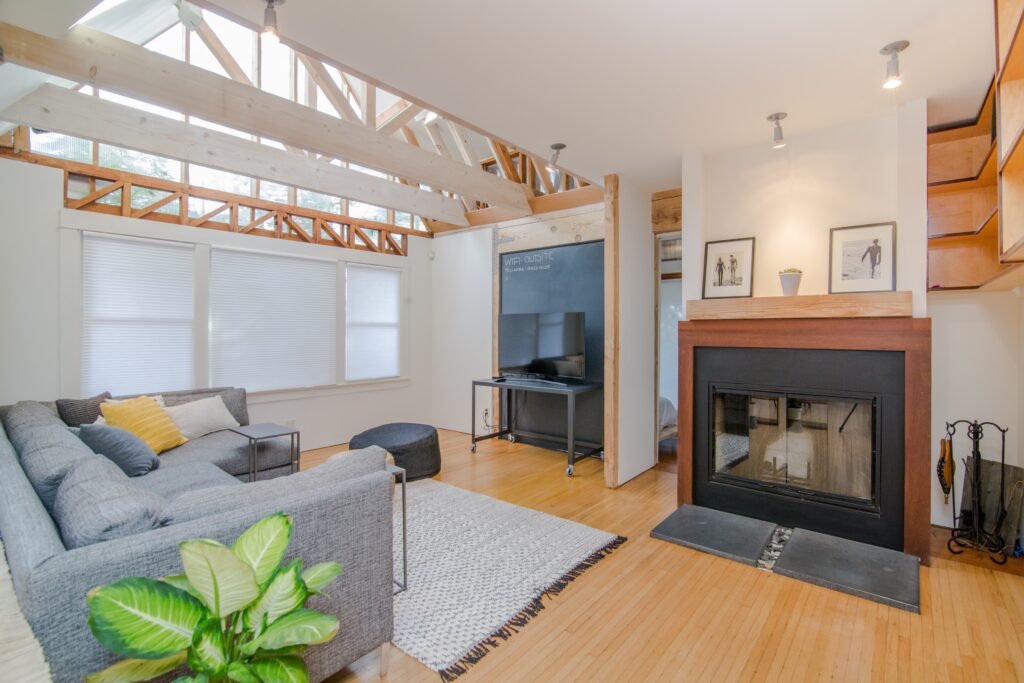
Mitigating privacy risks
While there are privacy concerns associated with using smart home security cameras, there are steps you can take to mitigate these risks and protect your privacy.
Vendor reputation and security features
When purchasing a smart home security camera, it is important to choose a reputable vendor that prioritizes privacy and security. Research different camera models and manufacturers to find out if they have a history of security breaches or privacy controversies. Look for cameras that offer robust security features, such as strong encryption and password protection, to ensure that your data is well-protected.
Strong passwords and encryption
A strong password is one of the simplest and most effective ways to protect your smart home security camera from unauthorized access. Choose a password that is unique, complex, and not easily guessable. Additionally, ensure that your camera uses encryption protocols to protect the transmission and storage of your data.
Regular firmware updates
Camera manufacturers often release firmware updates to address security vulnerabilities and improve the functionality of their cameras. It is important to regularly check for and install these updates to ensure that your camera is protected from the latest threats and vulnerabilities.
Two-factor authentication
Enabling two-factor authentication adds an extra layer of security to your smart home camera by requiring a second form of verification, such as a code sent to your mobile device, in addition to your password. This helps prevent unauthorized access to your camera, even if your password is compromised.
Ethical implications
In addition to the privacy concerns surrounding smart home security cameras, there are ethical implications to consider when using these devices.
Surveillance culture
The widespread use of smart home security cameras contributes to the creation of a surveillance culture, where individuals are constantly aware of being watched and monitored. This can have a chilling effect on personal freedom and may discourage individuals from engaging in activities they would otherwise feel comfortable doing.
Impact on personal freedom
Constant surveillance can infringe upon individuals’ sense of personal freedom and autonomy. The knowledge that you are being watched can influence your behavior and choices, limiting your ability to relax and be yourself within your own home.
Psychological effects on privacy
The constant awareness of being under surveillance can have psychological effects, leading to increased stress, anxiety, and feelings of being constantly observed. This can have a detrimental impact on mental well-being and overall quality of life.
Trust and transparency
Open and transparent communication about the use and purpose of smart home security cameras is essential for maintaining trust between the camera owner and the individuals being recorded. It is important to discuss camera usage with household members and visitors, address their concerns, and respect their privacy.
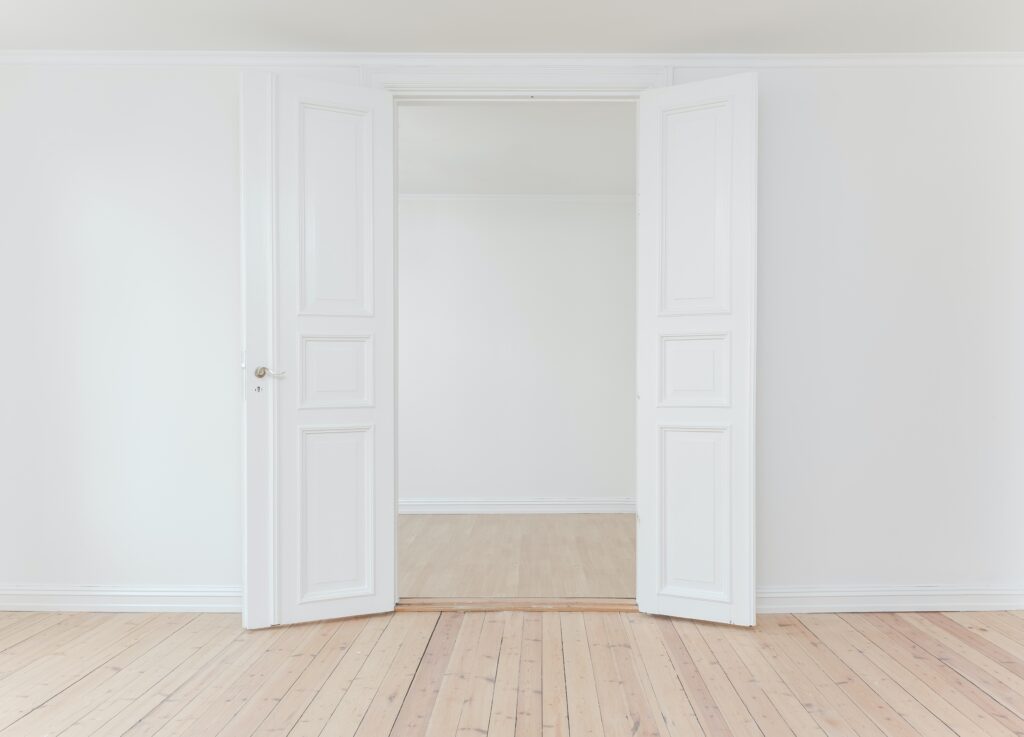
Best practices for consumers
As a consumer using smart home security cameras, there are several best practices you can follow to protect your privacy.
Read the privacy policy
Before purchasing a smart home security camera, take the time to read the vendor’s privacy policy. Understand how your data will be collected, stored, and used. Pay attention to any third-party sharing and other privacy practices to make an informed decision about the camera’s implications for your privacy.
Opt for local storage
Consider using a camera that offers local storage options, such as a microSD card or a local network-attached storage (NAS) device. By storing your footage locally, you have greater control over who has access to your data and can minimize the risk of unauthorized access or data breaches associated with cloud storage.
Disable unnecessary features
Review the settings and features of your smart home security camera and disable any unnecessary features that may increase privacy risks. For example, if your camera offers voice recognition or facial recognition, assess whether these functionalities are necessary and consider turning them off if they are not critical to your needs.
Regularly review camera footage
Take the time to review the recorded footage from your smart home security camera regularly. This can help you identify any unusual or suspicious activities, ensure that the camera is functioning as intended, and provide an opportunity to identify and address any privacy concerns.
Regulatory recommendations
Regulatory measures and guidelines can play a significant role in protecting the privacy of individuals using smart home security cameras.
Clear disclosure of data practices
Camera manufacturers should provide clear and transparent information about their data collection, storage, and sharing practices. This includes informing users about the types of data collected, how it is used, and who has access to the data.
Strict access controls
Camera manufacturers should implement strict access controls to prevent unauthorized access to the camera and its data. This includes robust password requirements, encryption protocols, and two-factor authentication options.
Privacy audits and certifications
Independent privacy audits and certifications can help ensure that camera manufacturers and service providers are adhering to privacy best practices. Consider looking for cameras that have obtained privacy certifications or have undergone rigorous privacy audits to ensure that your privacy is protected.
Limitations on data retention
Camera manufacturers should establish clear policies and guidelines regarding data retention. Unnecessary and excessive data retention can increase the risk of data breaches and compromise individuals’ privacy. Establishing appropriate data retention periods and mechanisms for securely deleting or anonymizing data can help mitigate these risks.

Public awareness and education
Increasing public awareness and providing education on privacy considerations related to smart home security cameras is crucial for promoting responsible and informed use.
Public campaigns on privacy rights
Public campaigns aimed at educating individuals about their privacy rights and the potential privacy risks associated with smart home security cameras can help raise awareness and encourage individuals to take necessary precautions to protect their privacy.
Promoting responsible use
Governments, consumer organizations, and camera manufacturers should work together to promote responsible use of smart home security cameras. This includes encouraging users to understand and comply with privacy laws, respect the privacy of others, and adopt privacy-enhancing measures.
Privacy training for smart home users
Providing privacy training and resources specifically tailored to smart home users can help individuals use their cameras in a privacy-conscious manner. This can include guidance on securing cameras, understanding privacy settings, and managing access controls.
School and community programs
Integrating privacy education into school curricula and community programs can help children and adults develop a strong understanding of privacy considerations and responsible use of smart home security cameras. This education should focus on helping individuals develop critical thinking skills, understand their privacy rights, and make informed decisions about the use of these devices.
Future trends and considerations
As technology advances, so will the capabilities and implications of smart home security cameras. It is important to consider future trends and continue to evaluate the privacy considerations associated with these devices.
Artificial Intelligence and facial recognition
Artificial Intelligence (AI) and facial recognition technologies are increasingly being integrated into smart home security cameras. While these technologies can enhance security and convenience, they also raise concerns about privacy and potential misuse. It is important to closely monitor developments in this area and ensure that appropriate safeguards are in place to protect individual privacy.
Integration with other smart devices
Smart home security cameras are often connected to other smart devices, such as smart locks and voice assistants. This integration can enhance functionality and convenience, but it also increases the complexity of data sharing and access control. It is important to carefully consider the privacy implications of integrating smart home security cameras with other devices and ensure that appropriate privacy measures are in place.
Advancements in encryption technology
As advancements in encryption technology continue to unfold, the privacy and security of smart home security cameras can be further strengthened. Keeping up to date with the latest encryption standards and ensuring that your camera utilizes strong encryption protocols can help ensure the privacy and security of your footage.
Privacy-aware design
Camera manufacturers should prioritize privacy-aware design by implementing privacy-enhancing features and functionality. This includes allowing users to easily configure privacy settings, providing clear information about data practices, and incorporating privacy-by-design principles into the development and manufacturing process.
In conclusion, while smart home security cameras offer numerous benefits, it is crucial to consider the privacy implications associated with their use. Understanding and implementing the best practices outlined in this article, as well as staying informed about legal requirements and advancements in privacy-enhancing technologies, can help protect your privacy and ensure responsible use of these devices.
